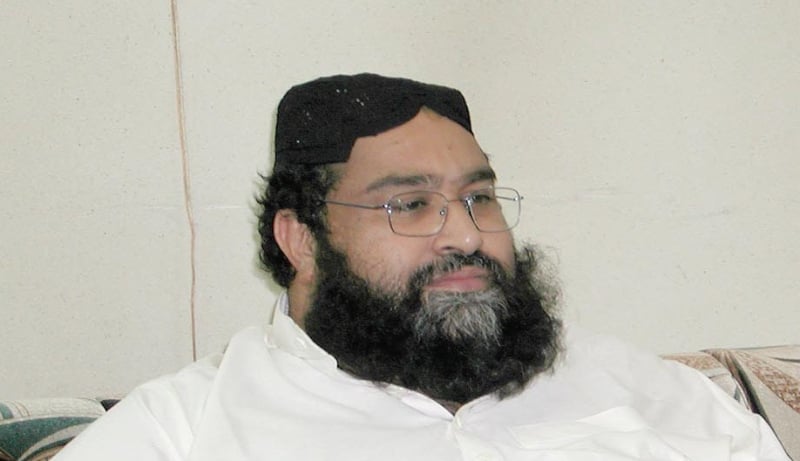
A unanimous resolution was passed during a crucial meeting of religious scholars and policymakers, favouring maintaining the current registration system for seminaries The gathering included religious scholars and leaders from various schools of thought, the chairman of the Council of Islamic Ideology, and federal ministers for education, religious affairs, and information.
The meeting was chaired by the chairman of the Pakistan Ulema Council and attended by federal ministers Khalid Maqbool Siddiqui, Chaudhry Salik Hussain, Attaullah Tarar, and Religious Education Director General Major General (Retd) Ghulam Qamar. Other prominent attendees included Dr Raghib Naeemi and Maulana Abdul Karim Azad.
Chairman Hafiz Tahir Ashrafi noted that approximately three million students are enrolled in seminaries across Pakistan. He highlighted the transition in policy since 2019, which previously recognised only five seminary boards.
"Under a new framework, 10 additional boards were established to integrate seminary education into the national system."
Ashrafi emphasised the autonomy of seminaries and rejected fears of external agendas, asserting that seminaries are a crucial part of the nation's educational infrastructure.
The registration process has been streamlined, with 18,600 seminaries registered under the Ministry of Education. The meeting called for retaining the current registration system, emphasising its role in securing the future of millions of students. "Proposals to modify or replace this system will be strongly opposed."
Participants also discussed integrating seminaries into the mainstream education system while preserving their religious character. They urged the government to strengthen existing frameworks, address grievances amicably, and avoid any politically motivated disruptions to seminary education.
Federal Information Minister Attaullah Tarar commended the efforts of the Directorate General of Religious Education and reaffirmed the government's commitment to ensuring a seamless registration process. The meeting resolved that any legislative changes related to seminaries must involve consultation with their leaders.
The resolution, adopted unanimously, demanded that the government refrain from altering the current registration system under any pressure.
It also called for consultation with seminary boards before introducing new legislation and emphasised the importance of protecting the futures of enrolled students.
Representatives from various seminary boards, including Deobandi, Barelvi, Shia, and Ahle Hadith groups, participated in the meeting. Key figures included Mufti Abdul Rahim, Khurram Nawaz Gandapur, Allama Jawad Naqvi, and others.
The event underscored the unity among Pakistan's religious leaders in addressing the challenges faced by seminaries.
Ruet-e-Hilal Committee Chairman Maulana Abdul Kabeer Azad lauded madrasas as fortresses of Islam and emphasised unity among scholars. They highlighted the vital role madrasas play in combating terrorism and extremism.
Religious Education DG Dr Ghulam Qamar noted the historical importance of madrasas and the challenges they faced, such as during the implementation of the National Action Plan after the APS attack. He explained that a registration process was introduced to integrate madrasas into the national education framework.
Key points discussed in the meeting included simplification of the madrasa registration process, with all institutions expected to be registered within five years, provision of free textbooks and technical education to students, and collaboration between the Ministry of Education and madrasas to enhance their functionality and address challenges.
The participants also suggested the recognition of madrasa degrees as equivalent to mainstream education degrees, such as MA or BS.
Representatives from various madrasa boards emphasised the need to protect the independence and identity of madrasas while collaborating with the government on key issues.
Concerns were raised about potential external pressures on madrasas, with scholars demanding that any changes to the system be made with their consultation.
The unanimously passed resolution urged the government to maintain the current system of madrasa registration under the Directorate General of Religious Education (DGRE). It also suggested avoiding any changes that could disrupt the education and future of millions of madrasa students. Finally, it was resolved that all madrasa boards should be consulted before legislative amendments are made.






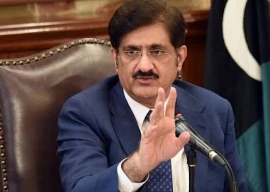
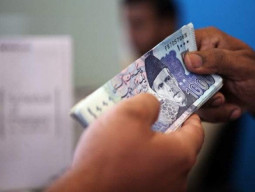



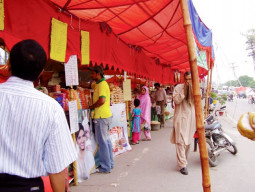
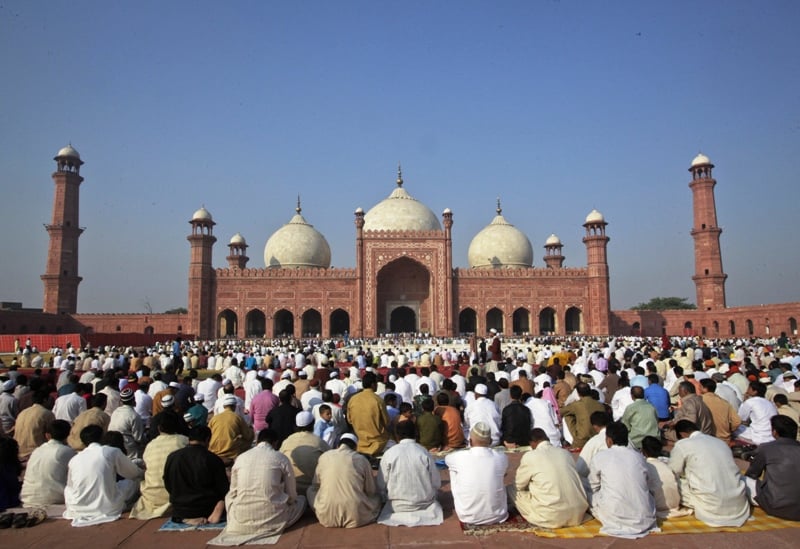










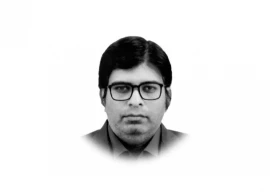
COMMENTS
Comments are moderated and generally will be posted if they are on-topic and not abusive.
For more information, please see our Comments FAQ